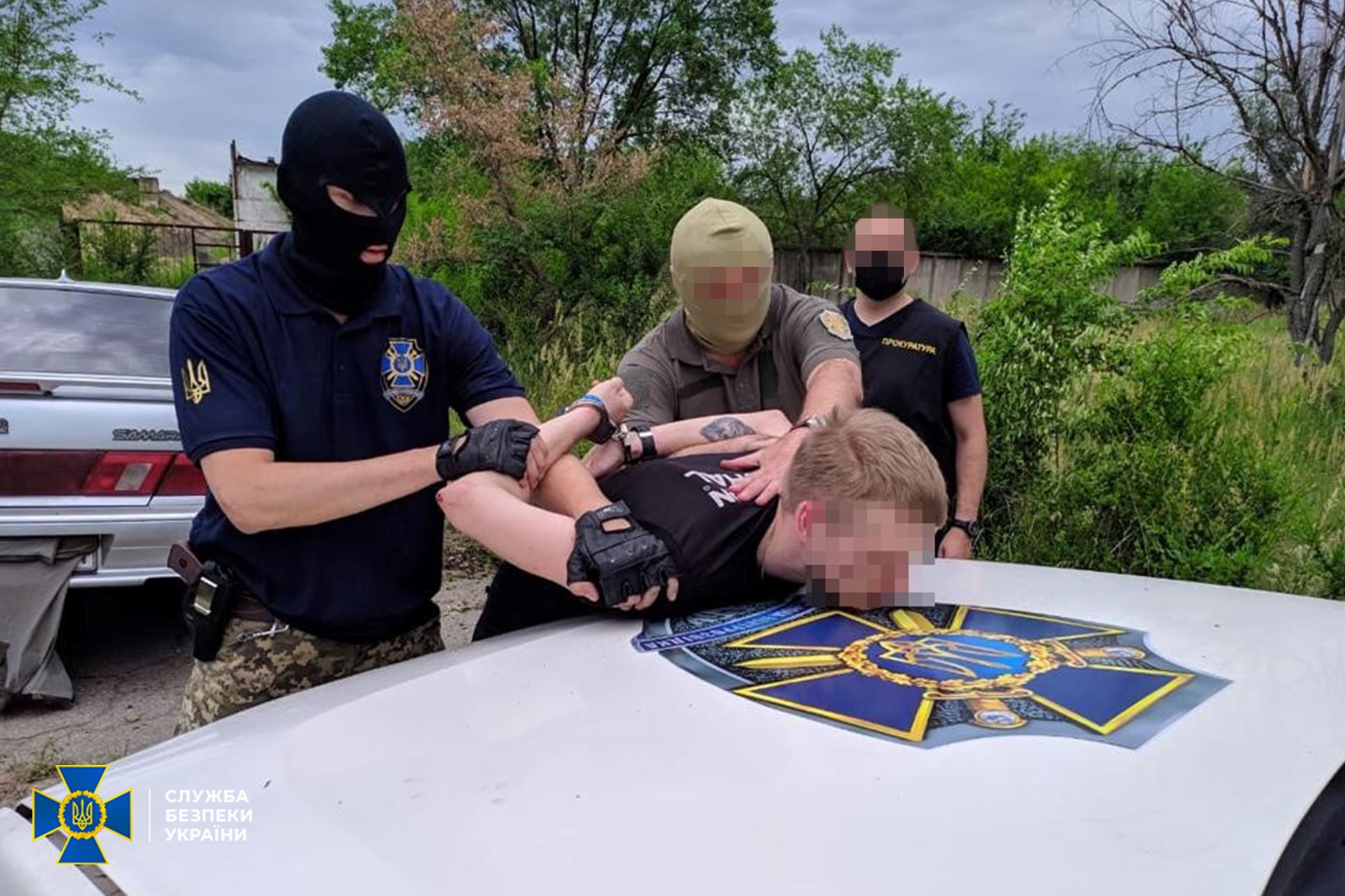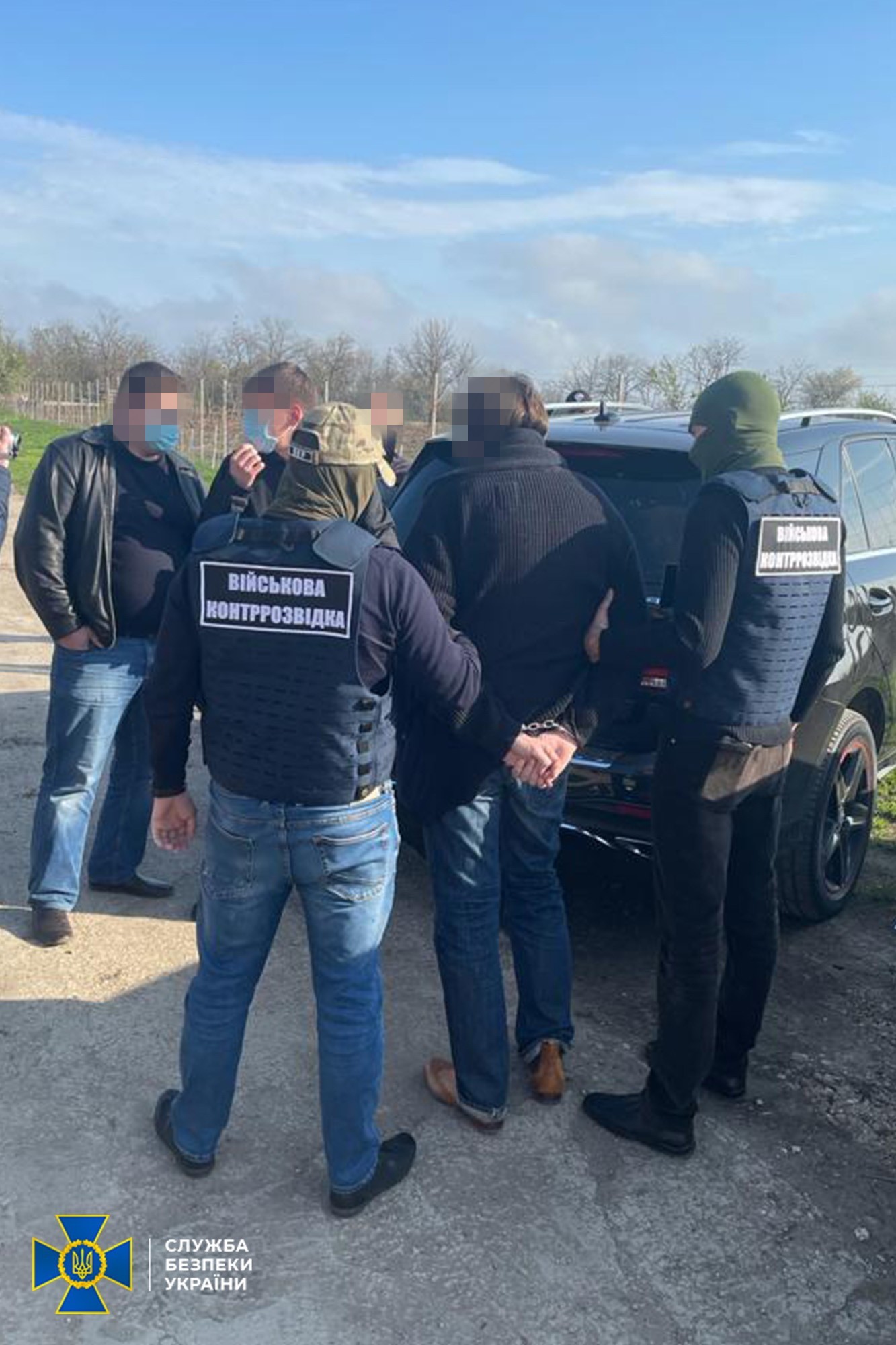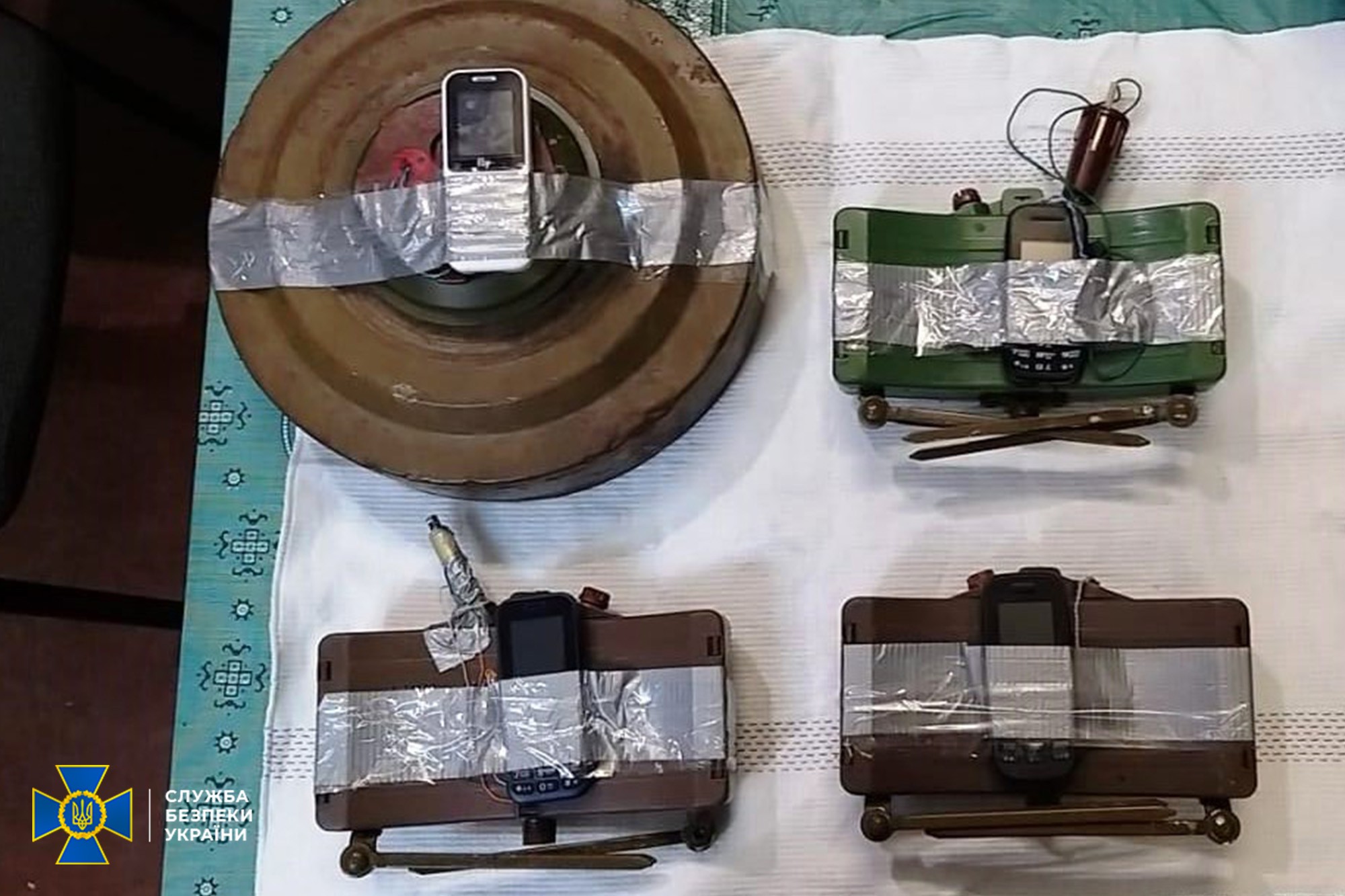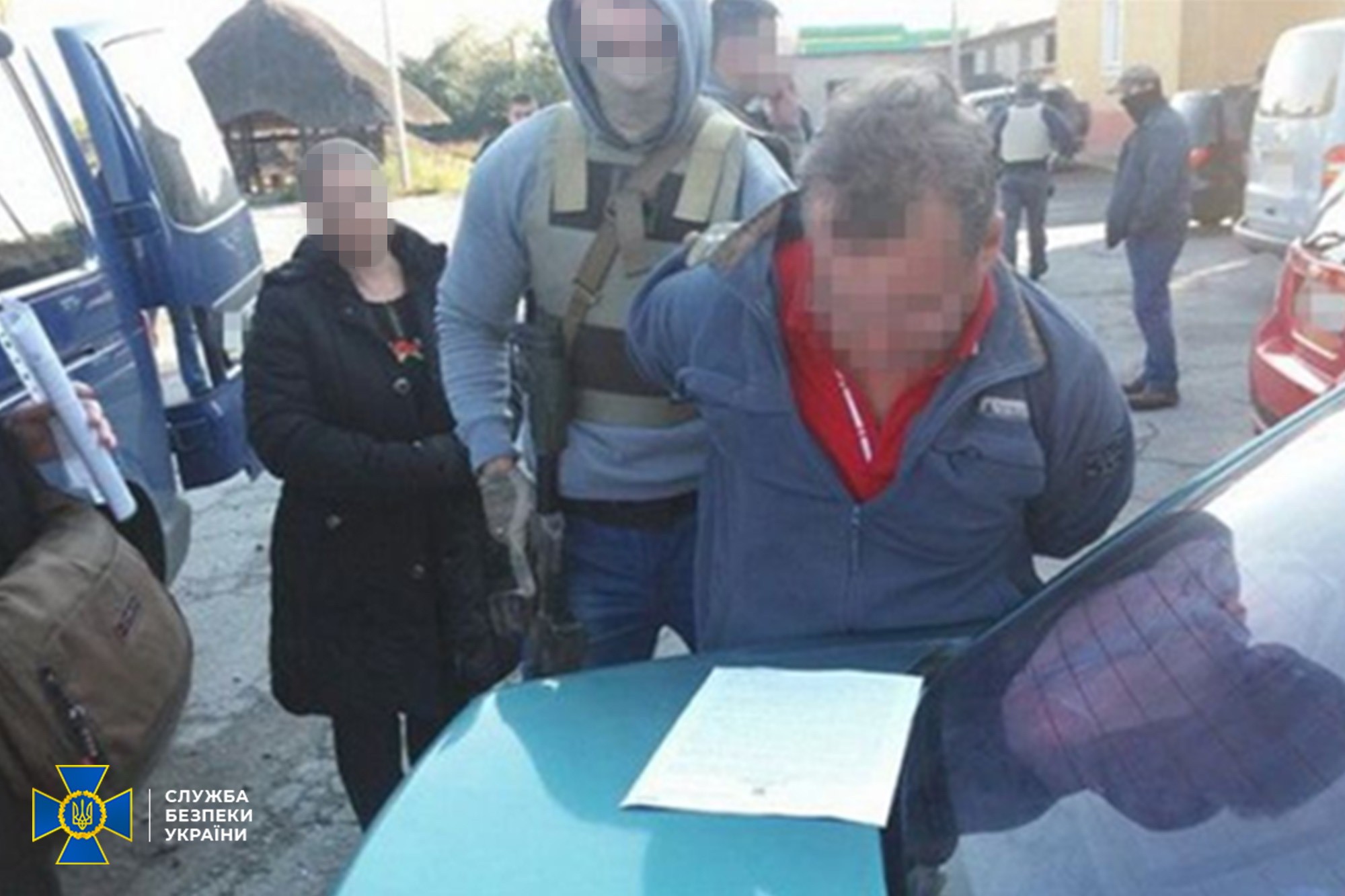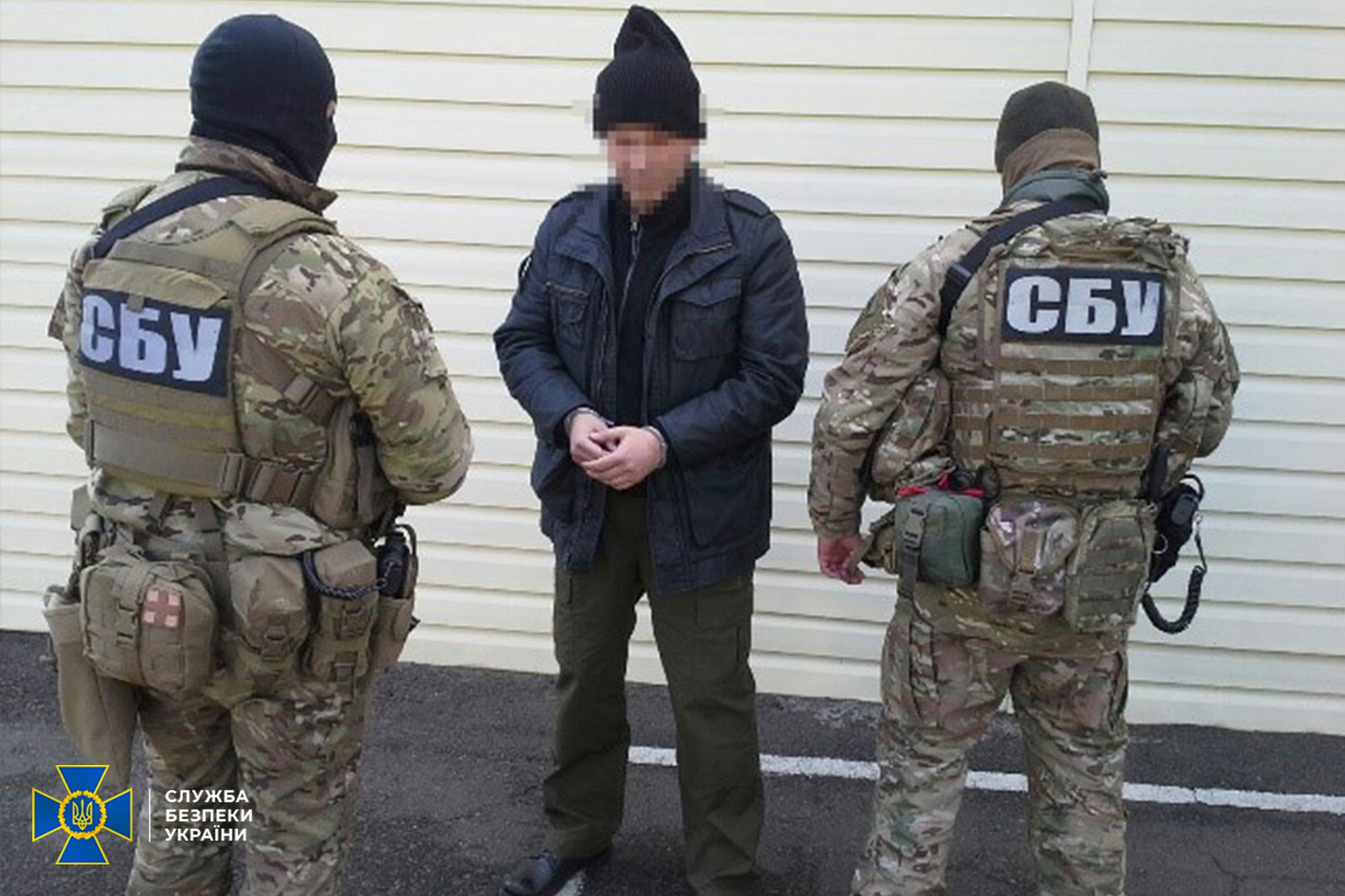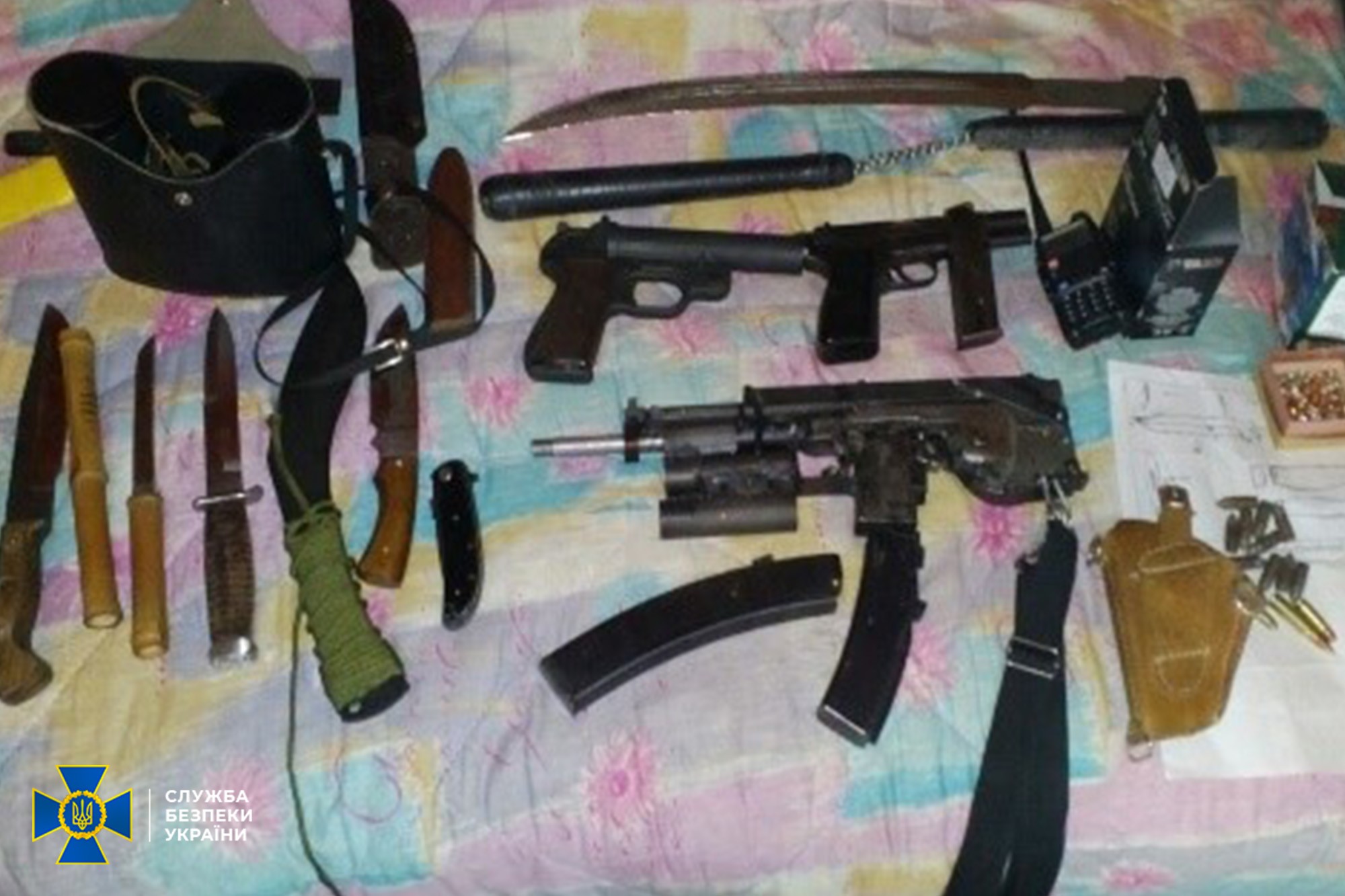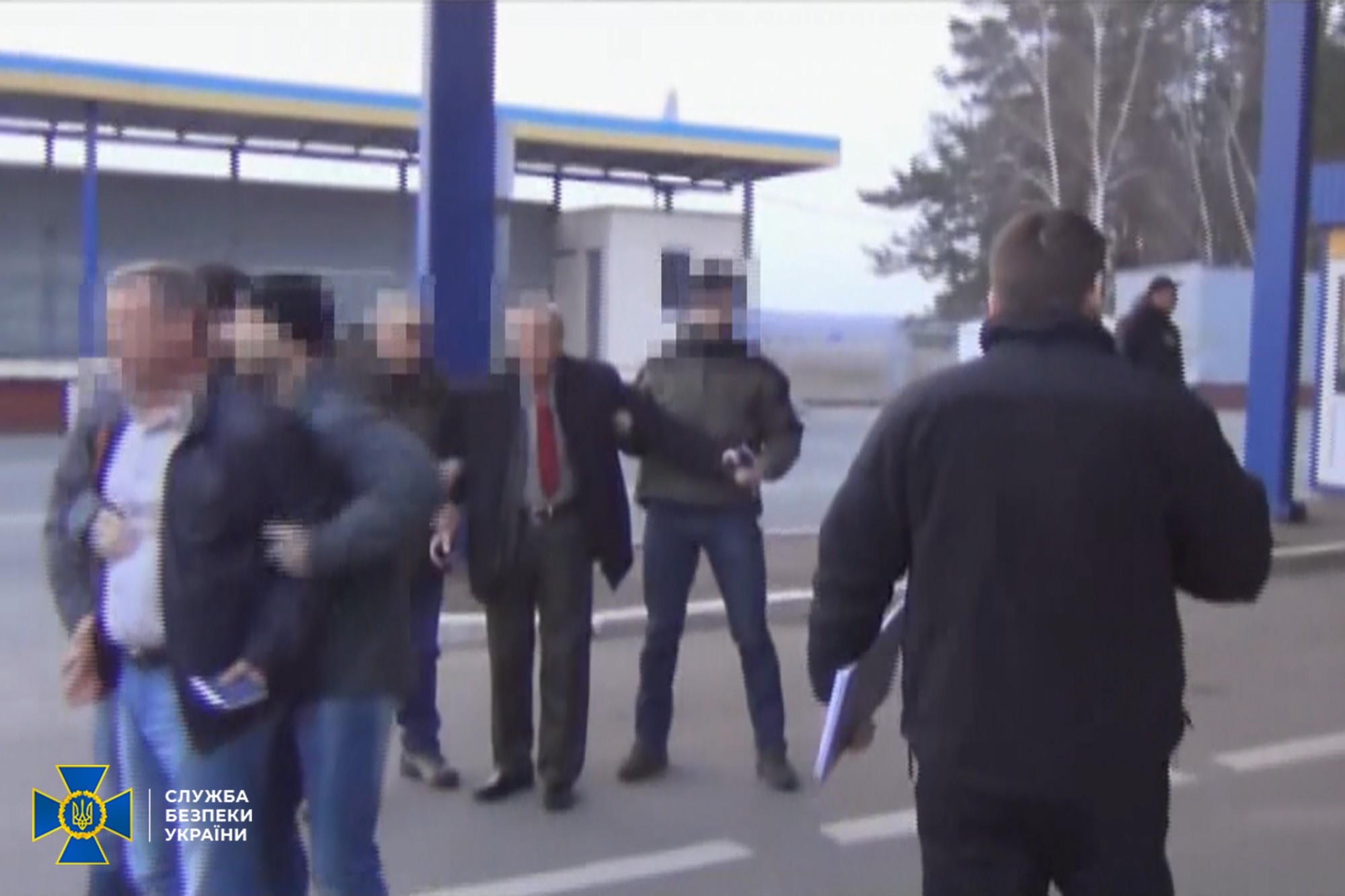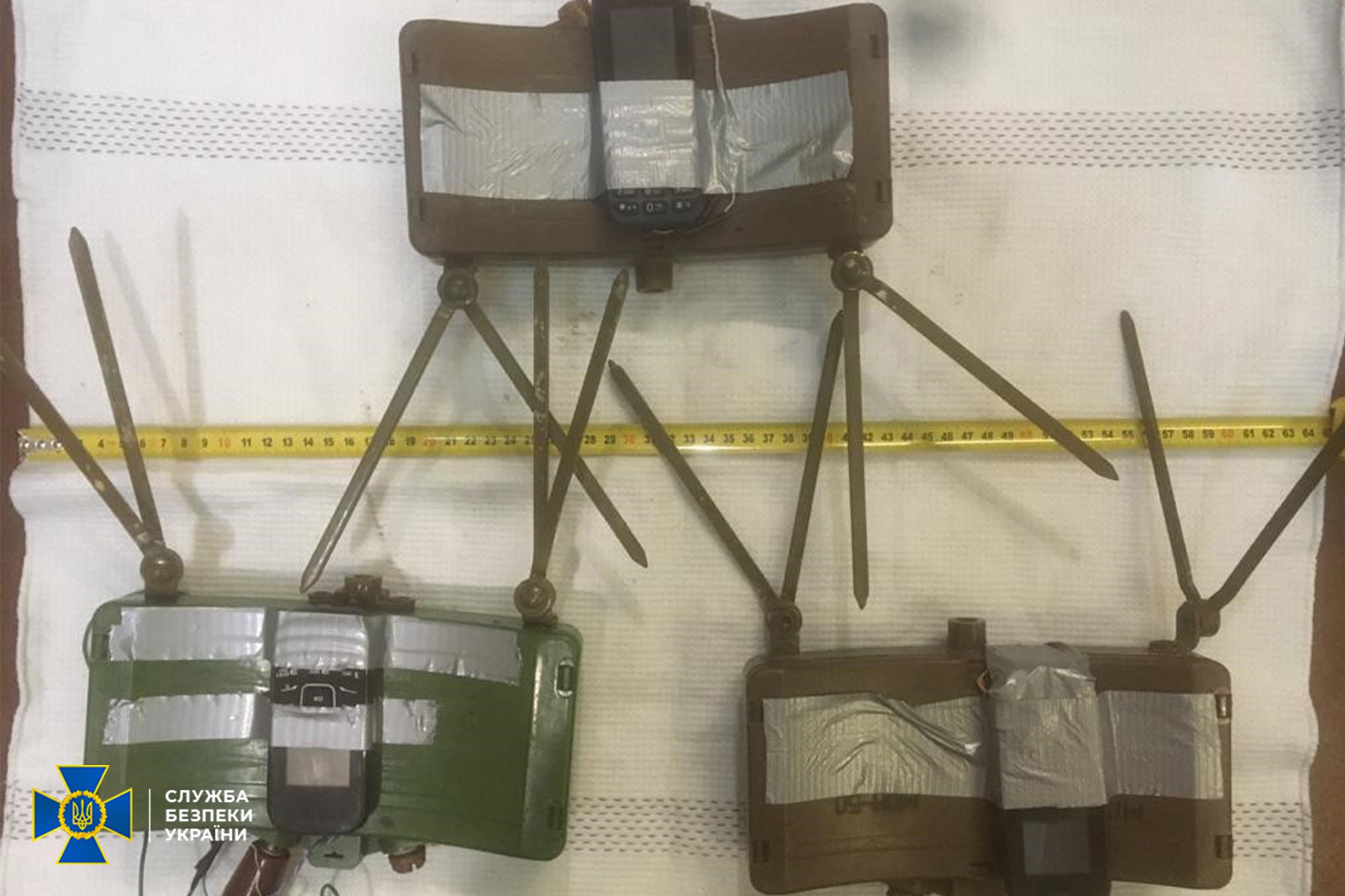30th anniversary of SSU Military Counterintelligence: Since start of Russian aggression, SSU Military Counterintelligence identified 1,387 ‘L/DNR’ militants and detained over 1,000
Over 2014-2021, the SSU Military Counterintelligence established the identities of 1,387 members of illegal armed formations of the so-called LNR and DNR and detained 1,096 of them.
Over this period, the 133 agents of foreign intelligence services were exposed and apprehended, 6 terrorist groups were dismantled, and 210 weapons caches were uncovered.
Almost every one of these cases is the result of a multi-stage special operation developed and carried out by the SSU Military Counterintelligence to counter hybrid threats.
The operations of this Directorate have led to opening of over 7,000 criminal proceedings for crimes against Ukraine’s state security. 688 court verdicts have already come into force.
One of the glaring cases was the attempt to hijack a Ukrainian Su-24MR reconnaissance aircraft in 2014 and fly it to Russia. The attempt was carried out by a commander of the two-seater aircraft crew of a military unit stationed in Khmelnytskyi region, who had been recruited by Russian Main Intelligence Directorate (GRU) of the General Staff of the Armed Forces.
He was supposed to land the plane at the airport in Russia due to an alleged malfunction of onboard equipment. However, the SSU detained the individual in the attempt to commit a crime. The court found him guilty of treason and sentenced to 12 years in prison.
In 2020, the SSU Military Counterintelligence detained a saboteur in Luhansk region in an attempt to blow up a railway station in Rubizhne and a military mobile hospital. The criminal was detained after he installed remotely detonated IEDs.
At the time of the attempt, military equipment was being loaded at Rubizhne station. Ukrainian military servicemen were treated at the Severodonetsk hospital; total number of people at the facility at the time was 170.
After attack, the saboteur planned to cross the contact line and hide in the terrorist-held territories. Instead, the detainee was notified of suspicion of crime under Article 15.3, Article 258.1 (terrorist act) of the Criminal Code of Ukraine. He is currently in custody, and investigation is underway to establish all the circumstances of the case and identify other participants.
Another hostile agent was sentenced to 12 years in prison for treason. He turned out to be a former employee of the Main Intelligence Directorate of the General Staff of the USSR Armed Forces. The retired lieutenant colonel was reactivated by Russian special services to carry out subversive activities against Ukraine.
The agent was gathering intelligence on the ATO forces, including their positions and engineering protection systems. He also tried to recruit a commander of a military unit. However, the SSU detained the spy at Senkivka checkpoint, Chernihiv region. He was heading for Bryansk region of Russia to meet his handlers.
In another operation, the SSU dismantled a group engaged in information operations against our state. It included 15 individuals and was managed by Russian GRU agent.
The members distributed destructive content via the Internet aiming to destabilize the situation in Ukraine.
The organizers of the group were sentenced to imprisonment for committing crimes under Article 258-3.1 (creation of a terrorist group or terrorist organization) and Article 111.1 (treason) of the Criminal Code of Ukraine.
The SSU Military Counterintelligence systematically responds to violations of the state secrets legislation.
In particular, over the period of the hybrid war:
- 439 attempts of foreign parties to obtain information with restricted access were detected and contained,
- 1642 individuals were brought to administrative responsibility for violating the legislation on state secrets and information security,
- state secrets clearances of 507 officials were revoked,
- 22 permits to institutions for state secrets related activities were suspended.
The SSU Military Counterintelligence is also countering corruption and organized crime in the military. Since 2014, the Directorate’s efforts in this area have prevented state economic losses of UAH 32.7 bln (USD 1.2 bln).

